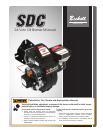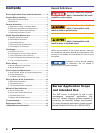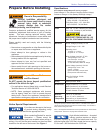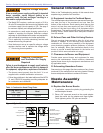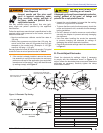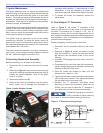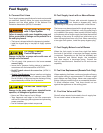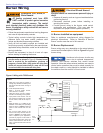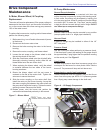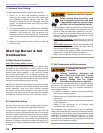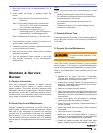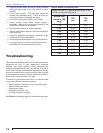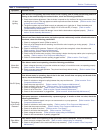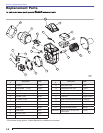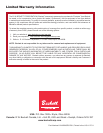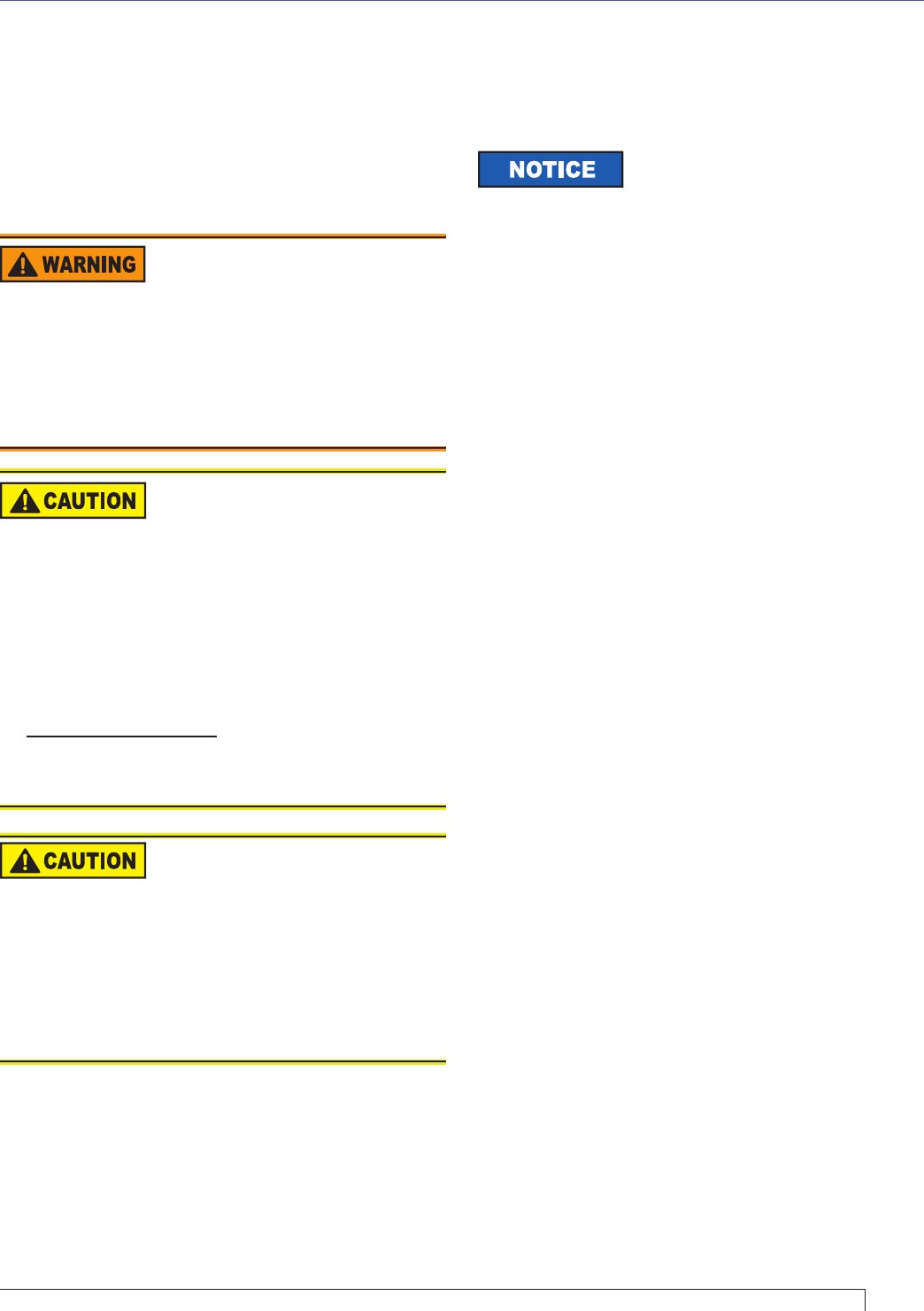
7
24 Vdc SDC Burner Manual
A. Connect Fuel Lines
For oil supply system specifi cations for tanks not mounted
on machines, carefully follow the pump manufacturer’s
literature and the latest edition of the National Fire
Protection Association (NFPA) 31 standard.
B. Fuel Supply Level with or Above Burner
Section: Fuel Supply
Do Not Install Bypass Plug
with 1-Pipe System
Failure to comply could cause Immediate pump seal
failure, pressurized oil leakage and the potential for a
fi re and injury hazard.
The burner is shipped without the bypass plug installed.
Install the bypass plug in two-pipe oil supply systems
ONLY.
y
y
Oil Supply Pressure
Control Required
Damage to the fi lter or pump seals could cause oil
leakage and a fi re hazard.
The oil supply inlet pressure to the burner cannot
exceed 3 psig.
Insure that a pressure limiting device is installed in
accordance with the latest edition of NFPA 31.
Do NOT install valves in the return line. (NFPA 31,
Chapter 8.)
Gravity Feed Systems: Always install an anti-siphon
valve in the oil supply line or a solenoid valve (RWB
Part # 22246U) in the pump/nozzle discharge tubing
to provide backup oil fl ow cut-off protection.
y
y
y
y
Do Not Use Tefl on Tape
Damage to the pump could cause impaired burner
operation, oil leakage and appliance soot-up.
Never use Tefl on tape on fuel oil fi ttings.
Tape fragments can lodge in fuel line components
and fuel unit, damaging the equipment and preventing
proper operation.
Use oil-resistant pipe sealant compounds.
y
y
y
The burner may be equipped with a single stage pump.
If a one-pipe system is installed, verify a bypass plug is
not installed in the pump, then connect the fuel supply
to the burner with a single supply line Note that manual
bleeding of the pump is required on initial start-up or
when the equipment runs out of fuel. When connecting
a two-pipe fuel system, install the pump bypass plug.
C. Fuel Supply Below Level of Burner
When the fuel supply is more than eight feet below
the level of the burner, a two-pipe fuel supply system
is required. Depending on the fuel line diameter and
the horizontal and vertical length, the installation
may also require a two-stage pump. Consult the
fuel unit manufacturer’s literature for lift and vacuum
capability.
D. Fuel Line Replacement (Remote Tank Only)
When replacing fuel lines, continuous lengths of heavy
wall copper tubing is recommended. To ensure a tight
seal, always use fl are fi ttings. Never use compression
fi ttings. Always install fi ttings in an accessible location.
To avoid vibration noise, fuel lines should not run
against the appliance or the ceiling joists.
E. Fuel Line Valve and Filter
Shutoff valves should be located in the oil supply line.
Do not install valves in the return line.
Fuel Supply
Pumps with automatic bypass do
not require a bypass plug. Verify
by referring to the pump manufacturer’s instructions.



